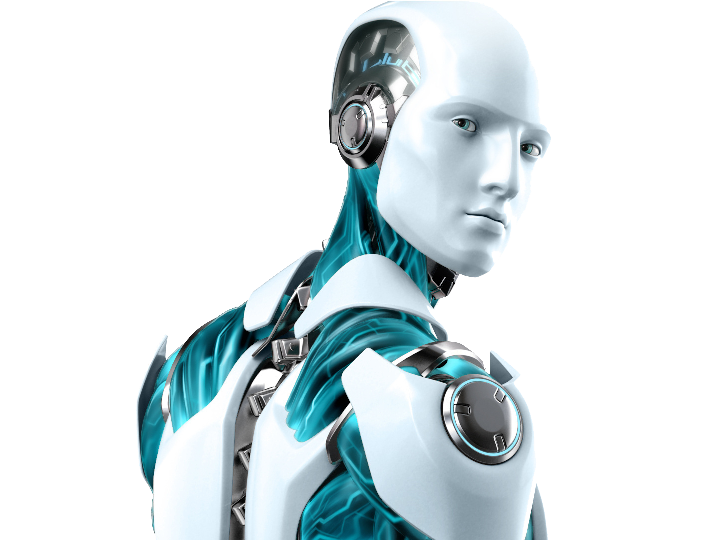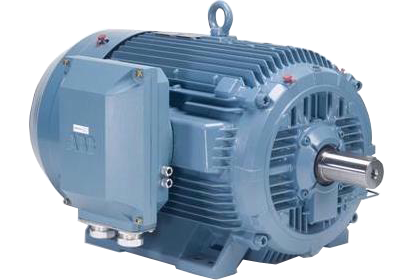Selected Projects

Mechatronics
Design and realization of autonomous systems are conducted in the IRES research group. The aim of this research is to develop adaptive and learning strategies for various complex systems. Cooperative multi-agent systems are also of interest. In the absence of a leader, each agent navigates independently.

Electric Machine Drives
IRES facility is equipped with various types of electric machines and industrial drives. The research focuses on the development of advanced drives mainly for Permanent Magnet Synchronous Machines (PMSM) and Induction Machines (IM). The aim of this research is to develop the next generation of machine drives.

Energy Systems
Intelligent energy systems are instrumental in meeting future energy needs. In this regard, a variety of intelligent strategies are designed and implemented on different types of enegy conversion and storage systems.
Research Philosophy
It’S IMPORTANT
 The diversity of expertise is a crucial aspect in the development of complex technologies.
Our research philosophy promotes team work to face the complexity of research areas allowing the complementarity of resources and research infrastructure.
This strategy yields rationalization of resources and a more effective response to common needs, including specific top-class training.
It also contributes to accelerate the advancement of knowledge and technology transfer to industry.
The diversity of expertise is a crucial aspect in the development of complex technologies.
Our research philosophy promotes team work to face the complexity of research areas allowing the complementarity of resources and research infrastructure.
This strategy yields rationalization of resources and a more effective response to common needs, including specific top-class training.
It also contributes to accelerate the advancement of knowledge and technology transfer to industry.
